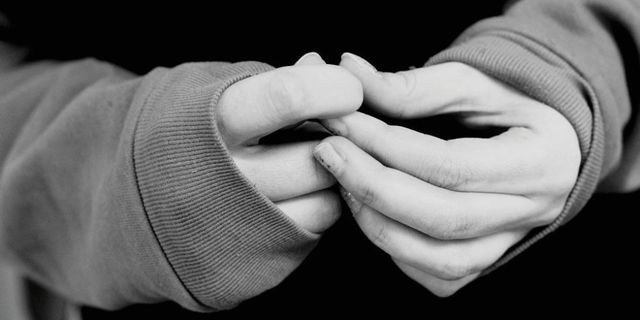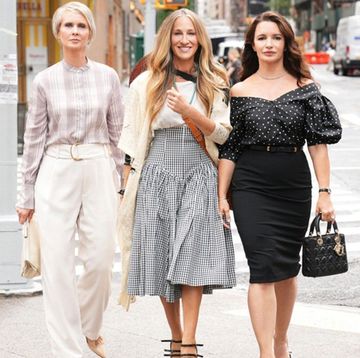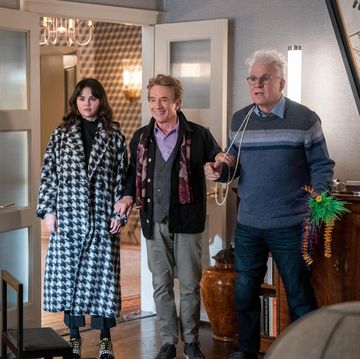We know that Domestic Abuse can happen to anyone. No matter how strong or intelligent, abuse can be insidious and the victim can be manipulated to stay for a long time with an abusive partner, even believing that they deserve it.
So when someone turns to the Police or another person of authority who can enact meaningful change, it is a very important turning point.
Making sure abuse survivors are looked after with compassion and care is imperative in ensuring justice is served and abusers are charged with the crime they have committed.
Unfortunately, it looks like somewhere in the system, something has gone wrong, and there has been a dramatic drop in victims pursuing their cases, with many refusing to press charges against their abuser.
The Independent reports that, (according to new figures from data obtained by law firm Simpson Millar under Freedom of Information laws) upwards of '160,000 victims of domestic violence in England withdrew their support for charges against their abusers in 2016'.
This is a 40 per cent increase over 2015.
Cuts in policing, support staff and specialist abuse teams are thought to be the crux of this issue, that means victims are not supported through the proceedings, cases are getting dropped through insufficient evidence which means victims are often returning to abusive partners and absers are free to continue their abuse.
The Chief Executive of Women's Aid, Polly Neate, told the newspaper:
We know that not all survivors of domestic abuse want a criminal justice outcome. However, what these figures show is that, for those who do, there is still a very real culture of victim-blaming and fear that stops survivors from accessing justice. We also know that there is a significantly heightened risk for women in the first year after separation from a perpetrator – therefore, robust support and protection is needed during that time. With two women a week on average being killed by a partner or ex-partner in England and Wales, it is vital that we take these findings seriously.
Birmingham's Labour MP Jess Philips also spoke out about the issue, saying:
I imagine it will entirely correlate with the reduction in victims services as seen across local council areas because of local council cuts. Victims are much more likely to drop out if they don't have proper specialist support from victim's agencies.
Hopefully these statistics will give the relevant people the nudge they need to fund appropriate measures and make victims believe in the system again.
Daisy Murray is the Digital Fashion Editor at ELLE UK, spotlighting emerging designers, sustainable shopping, and celebrity style. Since joining in 2016 as an editorial intern, Daisy has run the gamut of fashion journalism - interviewing Molly Goddard backstage at London Fashion Week, investigating the power of androgynous dressing and celebrating the joys of vintage shopping.













